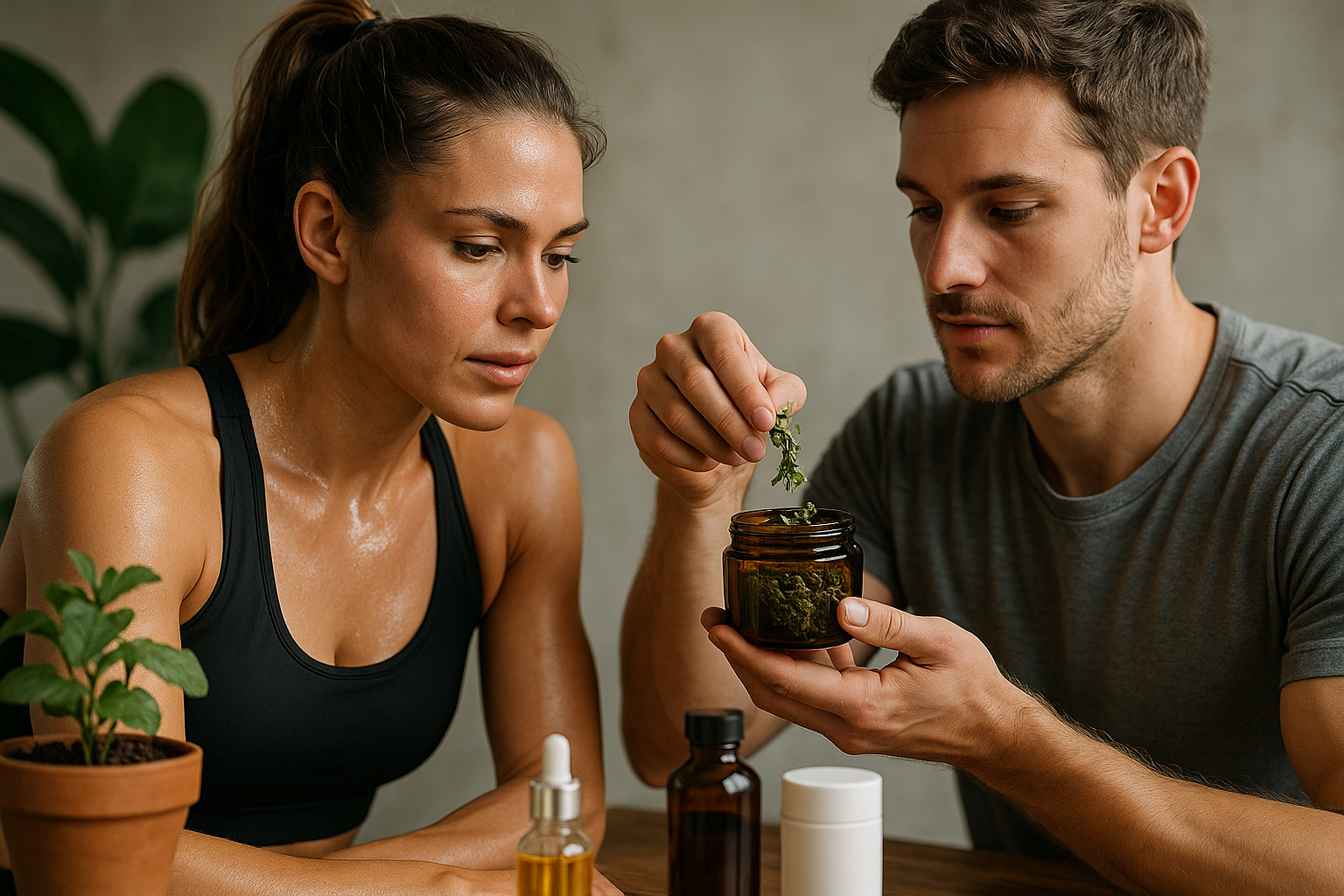The Power of Adaptogenic Herbs in the Realm of Beauty and Fitness
Adaptogenic herbs have been used for centuries in traditional medicine, offering numerous health benefits. Recently, they've entered the spotlight in the beauty and fitness industry, gaining popularity for their potential to enhance physical performance, improve skin health, and promote overall wellness. This article delves into the historical context, current trends, and the impact of adaptogenic herbs in the beauty and fitness industry.

The Roots of Adaptogens: A Historical Context
Adaptogenic herbs find their roots in traditional Ayurvedic and Chinese medicine, used for centuries to combat stress, boost energy, and promote overall wellbeing. The term “adaptogen” was coined by Russian scientist N.V. Lazarev in the mid-20th century to describe substances that increase the body’s resistance to stress. The use of these herbs has steadily grown over the years, and they’ve now taken center stage in the beauty and fitness industry.
The Rise of Adaptogens in Beauty and Fitness: Current Trends
The adaptogens trend in beauty and fitness has been fueled by a growing interest in natural, holistic approaches to health and wellness. Consumers are increasingly looking for products that are not only effective but also safe and free from harmful chemicals. These herbs offer a natural way to enhance physical performance, improve skin health, and promote overall wellness. They’ve been incorporated into various products, from skincare creams and serums to fitness supplements and beverages.
Unveiling the Benefits of Adaptogens
Adaptogens offer a myriad of benefits, making them an attractive addition to beauty and fitness regimens. These herbs are known to help regulate cortisol, the body’s primary stress hormone, which can aid in managing stress levels and improving mental clarity. Some adaptogens, like ashwagandha and rhodiola, are known for their energy-boosting properties, making them popular among fitness enthusiasts. Others, like turmeric and aloe vera, have anti-inflammatory properties that can promote skin health.
The Market Relevance and Impact of Adaptogens
The market for adaptogens is thriving, with a growing number of consumers turning to these herbs for their health and beauty needs. This trend is expected to continue, with a report from Grand View Research predicting the global adaptogens market to reach $14.7 billion by 2026. Companies are responding to this demand by incorporating adaptogens into their product lines, from skincare and haircare products to fitness supplements and beverages.
The Evidence-Based Claims of Adaptogens
While adaptogens have been used in traditional medicine for centuries, modern science is beginning to catch up, providing evidence-based support for some of the claimed benefits of these herbs. For instance, a study published in the Journal of Ethnopharmacology found that ashwagandha could significantly reduce cortisol levels, supporting its use as a stress-reliever. Another study in the Journal of the International Society of Sports Nutrition found that rhodiola rosea could improve endurance exercise performance. However, more research is needed to fully understand the potential of these herbs and their long-term effects.
In conclusion, adaptogens offer a promising avenue in the beauty and fitness industry. Their historical use, current trends, and potential benefits make them an exciting area to watch. As research continues, we can expect to see more innovative ways of incorporating these powerful herbs into beauty and fitness routines.




